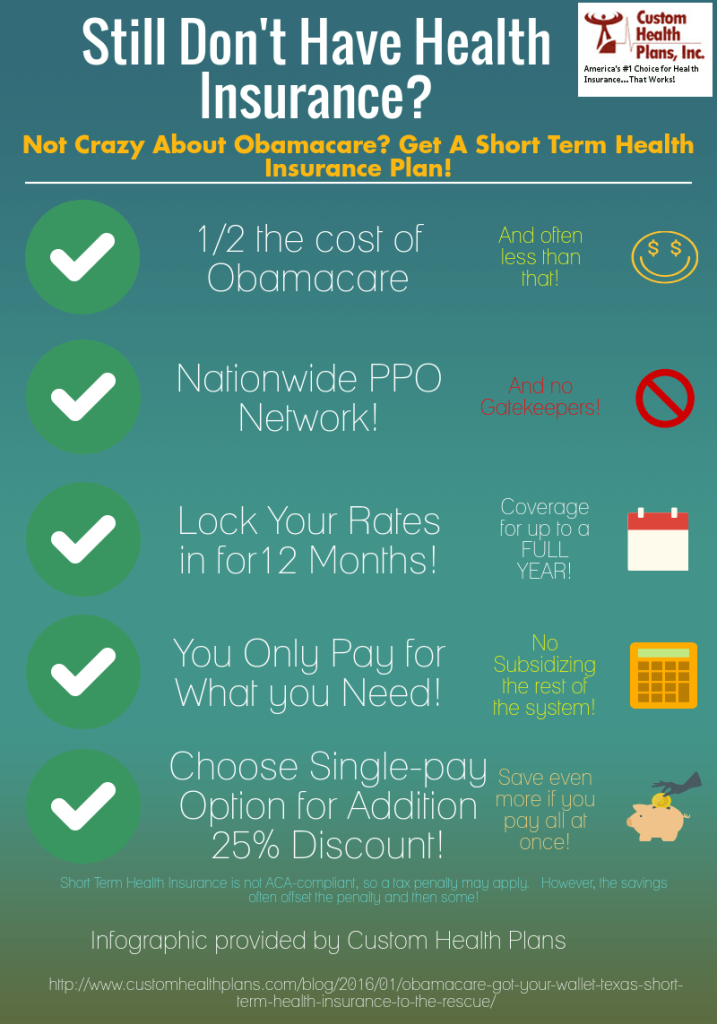The 20-Second Trick For Medicare Advantage Agent
The 20-Second Trick For Medicare Advantage Agent
Blog Article
Some Known Facts About Medicare Advantage Agent.
Table of ContentsNot known Facts About Medicare Advantage AgentNot known Factual Statements About Medicare Advantage Agent The Only Guide for Medicare Advantage Agent

adheres to from puzzling the reasonably young age account of the uninsured with the far better health, generally, of younger persons. This covers the link in between health and wellness status and medical insurance. For those without accessibility to workplace medical insurance, bad health is a prospective obstacle to buying nongroup insurance coverage since such insurance coverage might be very valued, exclude preexisting problems, or be simply not available. The variety of uninsured Americans is not specifically large and has actually not transformed in current years. 7 out of 10 participants in an across the country representative survey assumed that less Americans lacked medical insurance than really do(Fronstin, 1998). About half(47 percent )believed that the variety of individuals without medical insurance lowered or remained continuous over the latter fifty percent of the last years(Blendon et al., 1999). This decline of almost 2 million in the number of people 'without insurance policy (a decrease
of around 4 percent)is absolutely a positive change. With a softer economic situation in 2000 the most up to date reported gains in insurance policy coverage may not continue(Fronstin, 2001 ). The decline in the number of uninsured will not continue if the economic situation continues to be slow and healthcare prices proceed to outmatch rising cost of living. This is because the data were collected for a duration of strong financial efficiency. Of the approximated 42 million individuals that were without insurance, all however regarding 420,000(regarding 1 percent)were under 65 years of age, the age at which most Americans end up being eligible for Medicare; 32 million were adults between ages 18 and 65, around 19 percent of all grownups in this age; and 10 million were kids under 18 years of age, regarding 13.9 percent of all children (Mills, 2000). These estimates of the variety of individuals without insurance are generated from the annual March Supplement to the Present Populace Survey (CPS), carried out by the Census Bureau. Unless otherwise kept in mind, nationwide quotes of people without medical insurance and percentages of the population with different kinds of insurance coverage are based on the CPS, the most extensively made use of source of estimates of insurance protection and uninsurance rates. These surveys and the price quotes they generate are described briefly in Table B. 1 in Appendix B - Medicare Advantage Agent. These studies vary in size and tasting methods, the questions that are asked concerning insurance coverage
Fascination About Medicare Advantage Agent
insurance coverage, and the time duration over which insurance protection or uninsurance is measured(Lewis et al., 1998, Fronstin, 2000a ). Still, the CPS is particularly useful due to the fact that it produces yearly estimates fairly promptly, reporting the previous year's insurance protection approximates each September, and because it is the basis for a constant collection of estimates for more than two decades, enabling analysis of fads in coverage in time.

Fascination About Medicare Advantage Agent
Over a three-year duration beginning early in 1993, 72 million people, 29 percent of the U.S. populace, lacked insurance coverage for a minimum of one month. Within a solitary year(1994), 53 million people experienced at least a month without coverage(Bennefield, 1998a). 6 out of every ten without insurance grownups are themselves employed. Although working does enhance the probability that a person and one's family participants will certainly have insurance coverage, it is not a guarantee. Also participants of family members with two full-time wage income earners have virtually a one-in-ten read what he said opportunity of being uninsured (9.1 percent without insurance rate)(Hoffman and Pohl, 2000 ). The connection in between medical insurance and access to care is well developed, as recorded later on in this chapter. The connection in between wellness insurance coverage and health and wellness results is neither straight neither easy, a comprehensive medical and wellness services research literary works links health and wellness insurance protection
to improved better to care, better far betterTop quality and improved personal my review here individual population populace health and wellness. The second record, on individual health and wellness results for uninsured grownups, is represented by the inner circle of the figure, while the 3rd record, on family wellness, includes the subjects of the 2nd record but emphasizes a various device of evaluation, specifically, the family. The 6th record in the collection will certainly provide details about approaches and efforts embarked on in your area, statewide, or country wide to resolve the lack of insurance policy and its unfavorable effects. Degrees of analysis for analyzing the impacts of uninsurance. This discussion of health and wellness insurance policy coverage concentrates largely on the U.S. population under age 65 because practically all Americans 65 and older have Medicare or various other public protection.
The independent and straight impact of wellness
insurance insurance policy protection access to health health and wellness solutions well establishedDeveloped For still others, wellness insurance alone does not guarantee receipt of care due to the fact that of various other nonfinancial barriers, such as a lack of wellness care carriers in their area, minimal access to transportation, illiteracy, or linguistic and cultural differences. A modification in insurance premium or terms, as well as adjustments in earnings, wellness, marital status, terms of employment, More about the author or public plans, can set off a loss or gain of health insurance policy protection.
Report this page